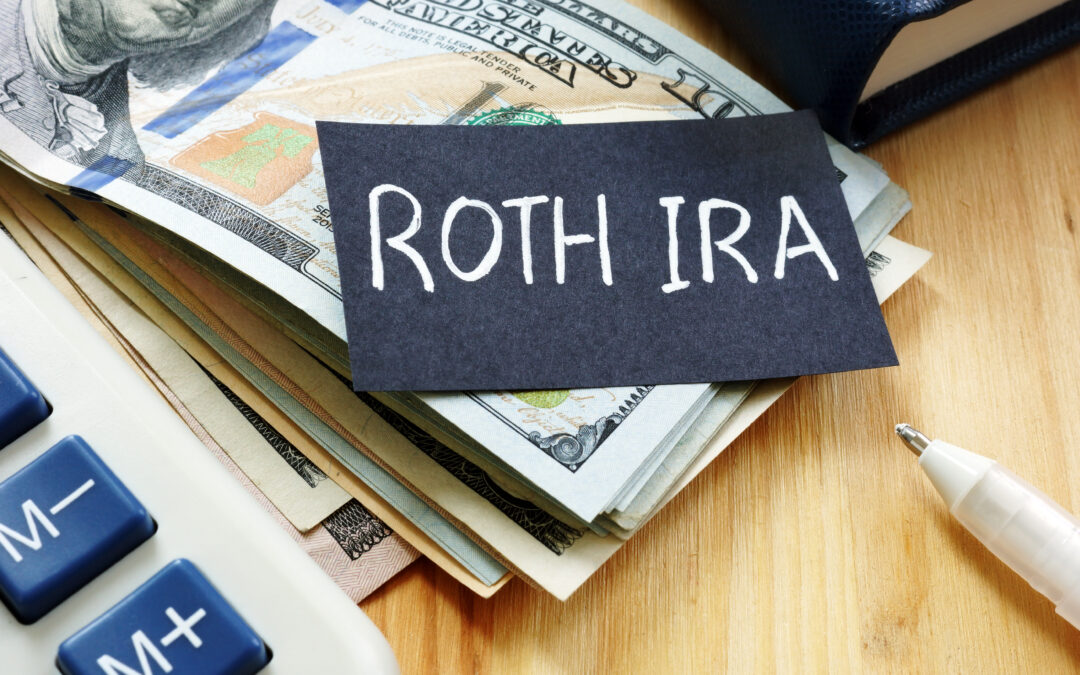You can max out your 2020 contribution through May 17, thanks to the new tax deadline.
Robin Hartill, CFP
Mar 22, 2021
If you didn’t max out your 2020 Roth IRA contribution, it’s not too late. The deadline for making your contribution isn’t until Tax Day, typically April 15. But this week, the IRS announced that it’s extending the tax deadline to May 17. That means you just got an extra month to max out your Roth IRA for 2020.
Why contribute for 2020 instead of 2021?
A Roth IRA comes with some of the sweetest tax benefits imaginable. You forgo a tax break when you make the contribution, but the money grows completely tax-free. And when you withdraw it in retirement, the income isn’t taxed.
The government has a limit to its generosity, though. You can only contribute $6,000 to a Roth IRA if you’re under 50 in 2020 or 2021. If you’re 50 or older, you can make an additional $1,000 catch-up contribution.
Because of the strict limits, you’d want to max out last year’s Roth IRA contributions first. Then you have until April 15, 2022, to make the maximum contribution for 2021.
You may also want to contribute for 2020 first if your income for the year was approaching the Roth IRA income limits. If you expect your income to increase in 2021, you may only be eligible to contribute a reduced amount, or you may not qualify to contribute at all without using a backdoor Roth IRA strategy.
What if I’ve already filed my 2020 return?
It doesn’t matter if you’ve already filed your taxes for 2020. You can keep on funding your Roth IRA for the tax year. Because you can’t deduct your Roth IRA contributions, you don’t report them on your tax return.
One thing to note: Filing for a tax extension doesn’t buy you more time to make your contribution. The deadline is always Tax Day, regardless of when you file.
What about my other retirement accounts?
If you have an employer-sponsored retirement account, like a 401(k), your deadline to contribute is Dec. 31 of the tax year. So it’s too late to max out your 401(k) contribution for 2020. The deadlines for self-employed retirement plans vary, so check at IRS.gov to find out whether you can still contribute.
But the Tax Day deadline applies to traditional IRAs and health savings accounts (HSA), so you’ll have until May 17 to max out your contributions. By doing so, you may be able to lower your taxable income for the year. But if you’ve already submitted your 2020 tax return, you’ll need to file an amended return to deduct your contributions.
Giving your money as much time to grow as possible typically produces the best returns. So while you have until Tax Day to make your contributions, the earlier you can make them, the better.
© 1995 – 2021 The Motley Fool. All rights reserved.
© The Axial Company. All Rights reserved. 5 Burlington Woods, Suite 102 Burlington, Massachusetts
The accompanying pages have been developed by an independent third party. Commonwealth Financial Network is not responsible for their content and does not guarantee their accuracy or completeness, and they should not be relied upon as such. These materials are general in nature and do not address your specific situation. For your specific investment needs, please discuss your individual circumstances with your representative. Commonwealth does not provide tax or legal advice, and nothing in the accompanying pages should be construed as specific tax or legal advice. Securities and advisory services offered through Commonwealth Financial Network, Member FINRA/SIPC, a Registered Investment Adviser. Fixed insurance products and services offered through Axial Financial Group are separate and unrelated to Commonwealth.



